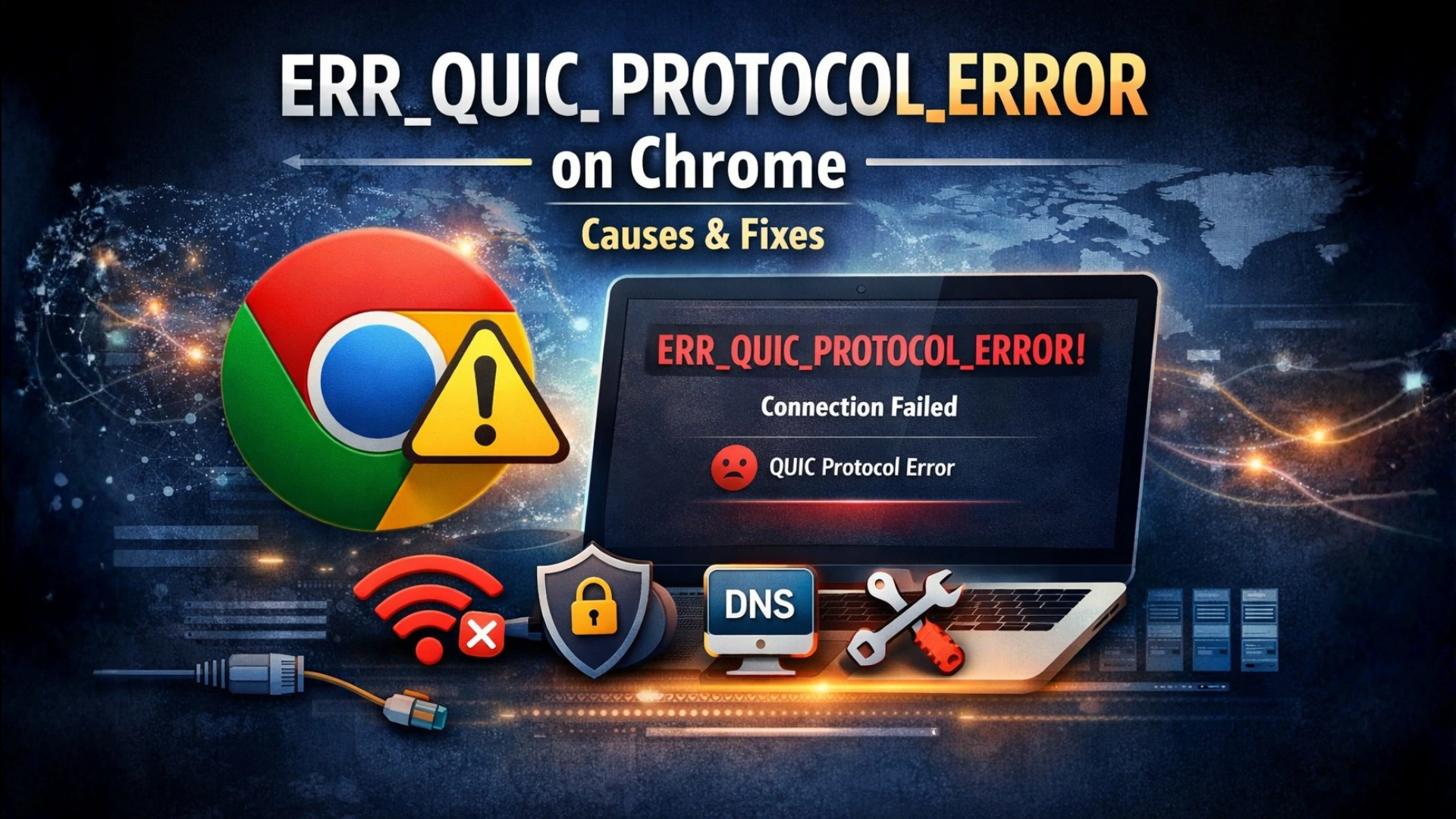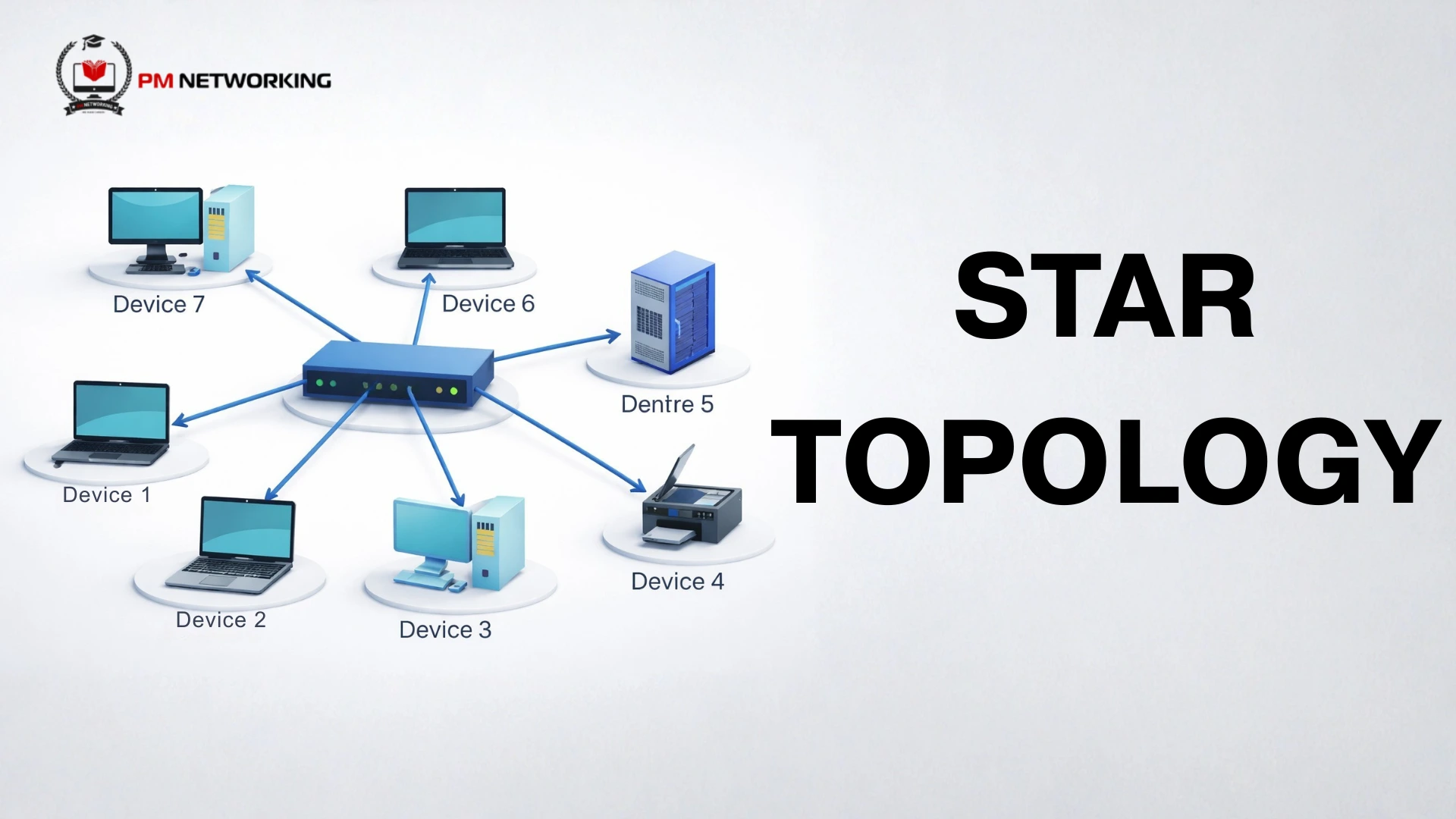
Creating a strong network is important for moving your career forward, but many people lack the knowledge to do it efficiently. Individuals who lack proper guidance can invest their time and energy without first building a supportive network of like-minded individuals who share their goals. It is therefore important to build a successful career in networking.
In this article, we are going to discuss some tips on how to build a successful career in networking and how to expand your network.
The Importance of Networking in Career Development
A person’s network has an important impact on their professional growth. It acts as an important tool for success and promotion at work. In today’s interconnected world, forming and maintaining important connections and relationships with coworkers, other professionals, and other potential employers can result in new opportunities that may not be available through older means. Participating in job networking events allows people to expand their knowledge, get insight of different companies, and keep up with current trends and advances in technology.
A strong network allows you to look for advice or suggestions and to provide support and guidance during difficult times. Effective career networking allows people to form a strong personal brand. It also help increase their visibility and trust. And to follow a more meaningful and rewarding career path, greatly advancing their professional development.
Tips For Building a Successful Career in Networking
Think of your goals
The first step in developing your network is building the structure of the network you wish to create. Consider which results will be most interesting for you. From there, focus your networking efforts on events, groups, and individuals that are most likely to bring you closer to your objectives.
It can help you build your network for your long-term career objectives. For example, if your career aim is to advance, you may wish to build a network of organizations that provide growth opportunities for people in your industry as well as individuals who can recommend you for an available job inside their company.
Be Prepared
Make plans ahead of time. Prepare a resume and contact information (some individuals even print business cards). Make sure you proofread your CV before making copies! You will be processing a large amount of information, therefore developing an organized structure.
Always be prepared to give your pitch
You must be prepared to market yourself on the spot, regardless of where you are. Know your strengths and be prepared to express what you can offer. Create and rehearse a 30-second commercial.
Represent Yourself Effectively
Always stand when introducing oneself. If you have a nametag, point out it. Give a solid handshake and make eye contact. First impressions can be lasting ones.
Make questions and actively listen
Do not be hesitant to initiate a discussion. Ask open-ended inquiries to encourage conversation. Remember that networking is about developing relationships, not simply making contacts. People want to know that you listened to and valued their experience and opinions.
Increase your online visibility
Making contacts online can be a successful networking approach. LinkedIn, Twitter, blogs, and other social media platforms provide excellent opportunities for getting knowledge about your career path and interacting with individuals and professional networks. Maintaining a regular presence on these sites will provide you with the most recent information and updates about the industry, including hiring trends and career opportunities.
Perform your research
Make time to research the employer ahead of time. Being ready in preparation will allow you to ask more intelligent questions and learn more about the individual, the work environment, and the organization. Also, this will allow you to have a comfortable conversation while continuing to show your interest.
Ask for assistance
Requesting guidance never hurts. Get advice from someone who has gone through the same process as you. People prefer to be approached for assistance because it shows that you value their viewpoint and regard them as a reliable source of information. It is helpful to express clearly to anyone you approach that you do not expect them to have a job for you, but rather that you are looking for information and assistance.
Stay Connected with Your Network
The networking process continues even after the professional event or job fair ends. Make sure to share and receive contact information. Following up with your network maintains links and connections. If you use LinkedIn, for example, personalize the note area in the invitation to remember the connection where you met.
Expand your network
Your network is an existing thing that should continue to evolve even after you’ve obtained a job. You never know when you’ll need to call on your network contacts. Networking will always be important for breaking into the hidden job market, so do not quit it.
Networking is important to move forward in your profession and to discover new opportunities. People can show their skills, interact with people, and learn important information. It can be about career paths by actively building a large network of experts, attending industry events, and connecting on online platforms such as LinkedIn.
Effective networking allows people to get access to a range of resources, help, and industry knowledge, moving them toward a successful and rewarding career.
Conclusion
Professional networking with specific goals allows you to develop a solid support system. It also helps move your career forward. You can grow your network by regularly interacting with people and forming connections in your daily work routine. Accept networking as a crucial part of your professional life, and always look for ways to help others by developing beneficial contacts and creating new growth opportunities.







0 Comments